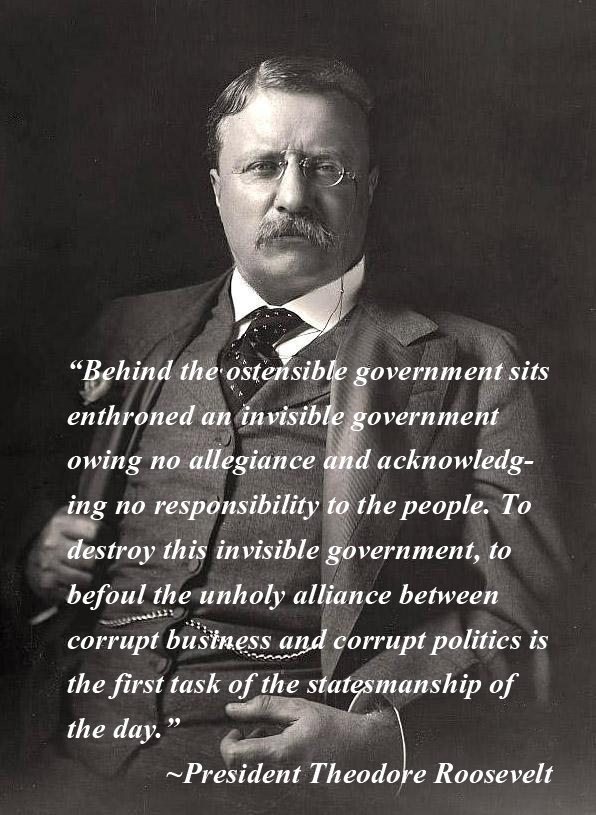This country will not be a permanently good place for any of us to live in unless we make it reasonably good place for all of us to live in.
Theodore Roosevelt
A federal district court in Houston has struck down the Obama Administration’s Deferred Action for Childhood Arrivals (DACA) program and its companion for parents of those children. Specifically, it held that the program was an administrative rule making required to follow the notice and comment process of the federal Administrative Procedures Act (APA). The failure of the Obama Administration to follow this process rendered the program illegal. CNN helpfully included a copy of the Order and Opinion of the court here. The decision is not only a step towards effective immigration reform, but also strikes a blow against the power of the administrative state.
The court essentially took up the issues ignored in the US Supreme Court’s Regents of the University of California opinion that I previously discussed here. This decision struck down the attempted rescission of the DACA program by the Trump Administration as itself violating the APA while glossing over the illegalities in the original rulemaking. This new federal court opinion turns the tables and focuses on those infirmities, noting that the Supreme Court itself held that DACA was not simply a passive non-enforcement policy. Instead, it conferred affirmative immigration relief such as the right to receive a work permit and the right to travel abroad without permission. It did so despite admitting in the original memorandum that only the Congress could confer affirmative immigration relief. The district court’s opinion built on Justice Clarence Thomas’s dissent in the Regents opinion by highlighting the real reason for the program – the inability of successive Presidents to unite the Congress and country around an immigration bill that included effective limits and enforcement as well as the necessary relief for longtime residents.
The district court was mindful of the hardships an immediate cessation of the program would cause to current participants and simply prohibited further expansion of the program for the time being. The Biden Administration has announced that it will appeal the order and urged Congress to pass a bill fixing the problem. The administration’s latter position is correct. Both political parties need to look beyond the twin corruptions of identity politics and corporate contributions to pass a comprehensive immigration reform legalizing the status of the “Dreamers” and creating real enforceable limits on future immigration as I advocated in this post. A truly comprehensive answer to the immigration crisis would be a new beginning for insuring the American Dream for both lifetime citizens and immigrants alike.


